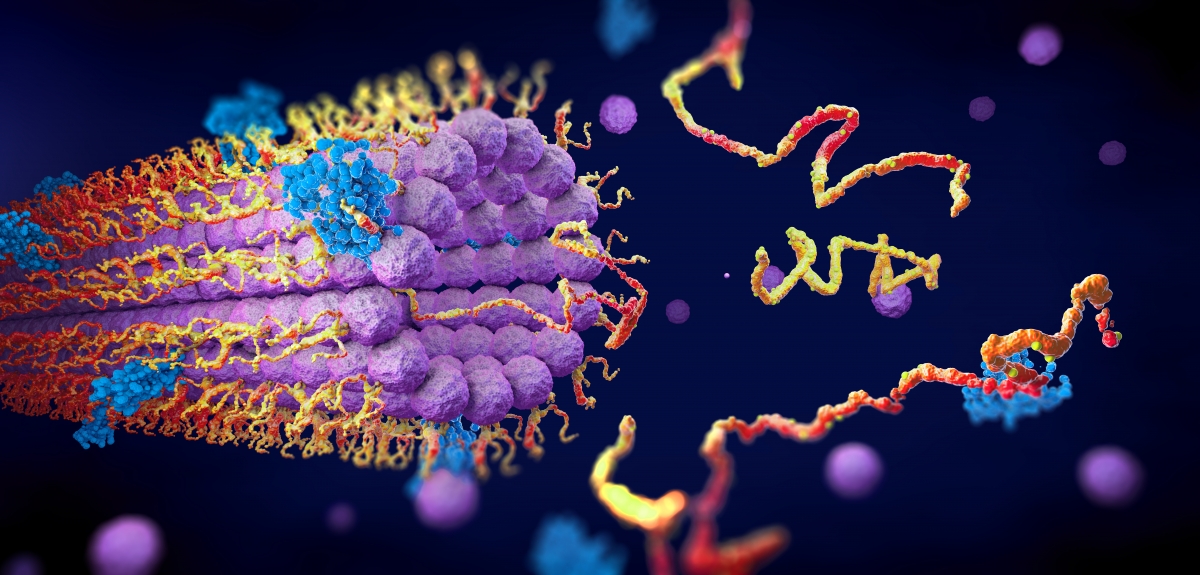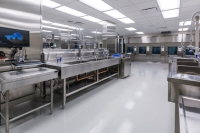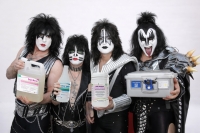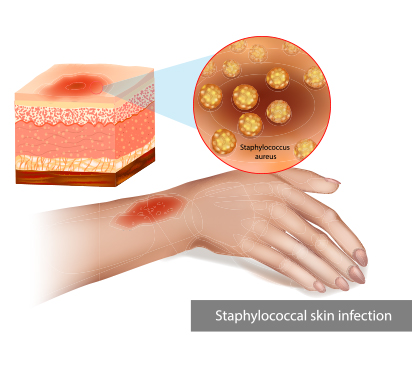
Danger; overuse of antibiotics
In a hospital setting, drug resistant strains of bacteria are a growing problem. Staphylococcus is an especially opportunistic pathogen. When immunity is lowered, it can cause all types of infections. Most antibiotics, even the latest and greatest, are not effective against “super bugs”. Some staph infections no longer respond, or become resistant, to common antibiotics. To treat antibiotic-resistant staph infections, health care providers may need to use antibiotics that can cause more side effects. That is why researchers are exploring other methods for infection prevention and treatment than excessive use of antibiotics.
What are the options?
This past week, we came across an article that reinforced some of our theories about how effective enzymes can be for infection prevention and perhaps more. We know that enzymes are catalysts for many biological reactions like digesting food, breaking down protein, treating waste water systems, and for removing soils remaining on used surgical devices. We also learned over a five-year collaboration with USGS, that there was potential for enzymatic detergents to do more than clean by breaking down bacteria, and even degrading infectious prion proteins, the most persistent infectious agent, using inoculated stainless-steel wires as test samples. Thus, it is possible under the right conditions of time, temperature, concentration, and pH to use an enzymatic detergent with excellent surfactants and active enzymes to reduce the spread of healthcare acquired infections.

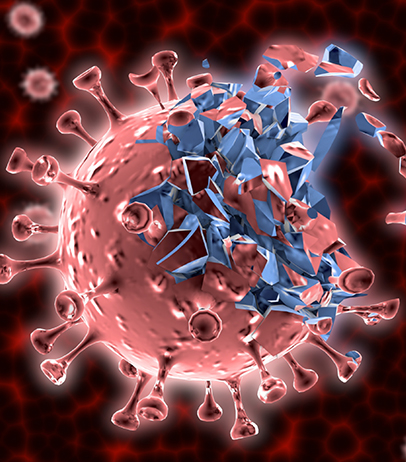
Enzymes can kill bacteria!
Scientists in Denmark found that enzymes can be effective in killing a bacterial infection. Researchers from the University of Copenhagen (https://healthsciences.ku.dk/newsfaculty-news/2023/03/resistant-bacteria-are-a-global-problem/) were able eradicate staphylococcus aureus in biopsy samples from people with skin lymphoma. "To people who are severely ill with skin lymphoma, staphylococci can be a huge, sometimes insoluble problem, as many are infected with a type of Staphylococcus aureus that is resistant to antibiotics," explains immunologist Niels Ødum of the University of Copenhagen. "The great thing about this enzyme is that it has been designed to penetrate the wall of Staphylococcus aureus," explains lead author and University of Copenhagen immunology researcher Emil Pallesen. "This enables it to target and kill the harmful staphylococcus and leave harmless skin bacteria unharmed."
Enzymes for cleaning and decontamination
Cleaning is the critical first step. Manufacturers of laundry detergent learned decades ago that adding enzymes to their product greatly improved the effectiveness of their detergent. Stains were removed without damaging fabric. Processing times were improved, and less energy was required. We learned how effective enzymatic detergents can be for cleaning surgical devices, including our SteriTite container without harm. After all, most enzymatic detergents are pH neutral or near neutral doing no harm to devices the way alkaline detergents commonly do causing corrosion and pitting and eventually, replacement.
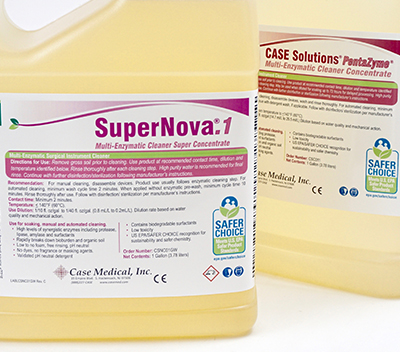
Case Medical, a U.S. EPA Safer Choice Partner of the Year, formulates and manufactures enzymatic detergents and non-enzymatic detergents that proudly display the U.S EPA Safer Choice label. Contact us now to learn more about our products and services. We are here to support you with innovative products that are sustainable, cost effective and validated for effectiveness.
Visit us at www.casemed.com to learn more about our products and how they can help your facility lighten its impact on the environment for the good of us all.
Marcia Frieze and the Case Medical team



